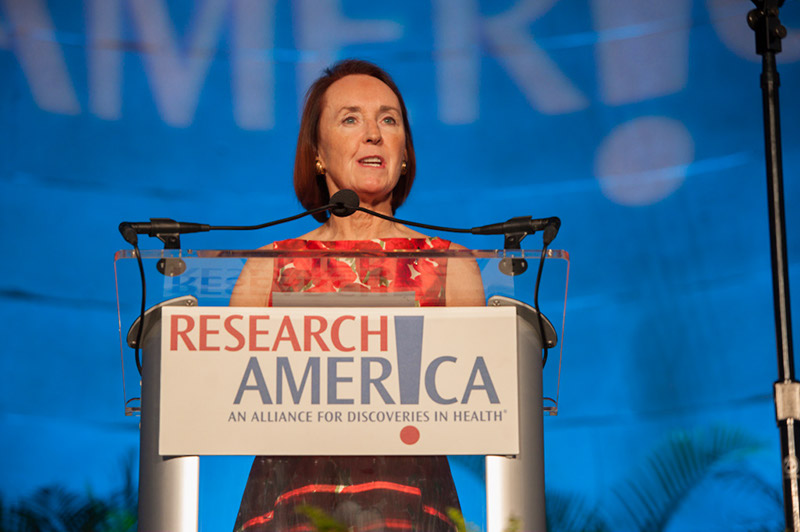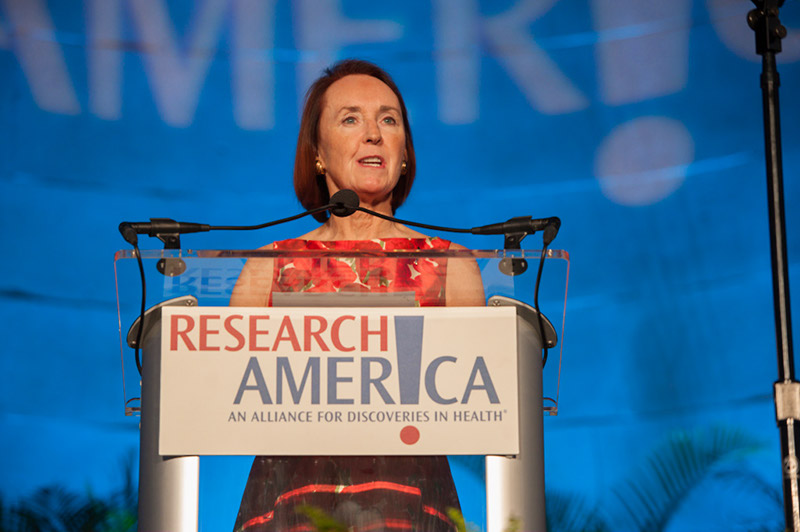The value of innovation

 Dear Research Advocate,
Dear Research Advocate,
The House is working to reach its goal of passing all twelve FY20 appropriations bills by the end of June, debating a “minibus” package of four of those bills this week, including the Labor, HHS, and Education funding bill that includes funding for the Centers for Disease Control (CDC), National Institutes of Health (NIH), and the Agency for Healthcare Research and Quality (AHRQ). Next week, a second “minibus” package of appropriations bills will be on the House Floor, including funding for the National Science Foundation (NSF) and Food and Drug Administration (FDA). (As time goes on without a budget cap resolution, it remains critical to do your part to assure a deal to #RaisetheCaps)
Earlier today the House completed voting on amendments to the Labor, HHS, and Education portion of the minibus. An amendment by Rep. Mark Pocan (D-WI), which we supported strongly (see the letter we shared with every member of the House) was adopted. It would block an additional layer of review – over and above peer review – that the Administration plans to place on extramural fetal tissue research. Although House passage of the amendment is certainly a win for patients today, several hurdles remain, including Senate adoption. Note: the Pocan amendment does not reverse the ban on further acquisition of fetal tissue within the NIH research intramural program. Read our statement, an Axios article, and contact Eric Anthony at the International Society of Stem Cell Research to join a coalition working to overcome these roadblocks to critical medical progress.
At today’s briefing on the Bayh-Dole Act we heard how critical the 40-year old law has been to technology transfer – the process by which academic discoveries become innovations of value to patients, serving the public good. From 1997 to 2017, tech transfer has supported up to 5.9 million jobs and added up to $865 million to our GDP.
Panelists explained why Bayh-Dole should not be misused as a mechanism to adjudicate drug prices. Bayh-Dole paves the way to medical innovations that patients desperately need. As National Health Council CEO Marc Boutin asserted, it can be thought of as the goose that lays the golden eggs. We need those eggs and we need for them to be accessible and affordable. We shouldn’t pit innovation and affordable access against each other – we need solutions that allow for both. You can access a video of this highly-regarded briefing here. Thank you to our partners: American Association for the Advancement of Science, Association of American Medical Colleges, Association of University Technology Managers, and the Society for Neuroscience.
Speaking of the importance of scientific innovation, the NSF received more than 800 submissions for its competition designed to help set the U.S. agenda for fundamental research in science and engineering. NSF has completed the first round of judging “Big Ideas” for future federal investment, winnowing the field to 33 entries. Now they’re inviting you to weigh in to help decide which entries will advance to the next stage! You can watch the entrants’ video pitches and comment on the “Big Ideas” until June 26.
Next up: Please join Research!America and partners on June 26 for a Capitol Hill briefing to learn about success in improving rural health care through patient-centered research. Register here.
Sincerely,
Mary Woolley




